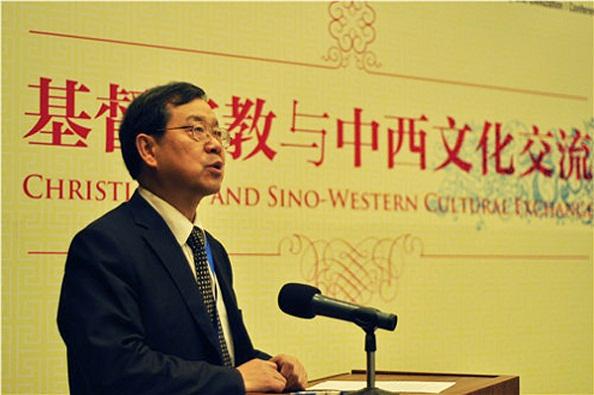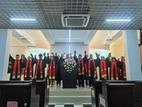A conference discussing Chinese belief and religion was held on April 17, 2016 in Zhongnanshan thanks to the partnership between Fenghang Buddhism and Zhongnanshan Culture Research Institution.
The conference was attended by various religious researchers as they discuss how Chinese beliefs and their personal beliefs play an important role in Chinese culture and in the development of the nation.
One of the key speakers of the conference was Mr. Zhuo xinping, the director of the International Religion School of the Chinese Academy of Social Sciences. According to his assessment, China is being tested because of the lack of faith and sensitivity of the people when it comes to religion. He believes that the reason for this lack of faith and insensitivity is because some Chinese adhere to either traditional Chinese values or they do not adhere to any faith at all. This belief preferences of the Chinese people is seen in the onset of social problems in the country and shows how people think and what they believe in. This also shows that something is wrong and there is a necessity to address this issue through the improvement of religion.
Religion, he believes, supports our social actions and controls one's moral performance. In this regard, we need to think deeply about the current status of Chinese religion today.
Pursuing belief can be done in several forms. First, it is important that one realizes that a belief's views and its angles are different from one another. most beliefs comes from religion aside from the influence of other factors. Some examples are the Chinese cultural values known as the 'Dongtong' and the scientists' focus on the laws of nature. Second, money is becoming a new belief on its own because the world cannot develop without money. The US dollar shows this stance with the line 'In God We Trust' printed in each dollar bill. however, the Chinese people often confuse these words and as a result, give it a different interpretation. The Chinese believe that if people believe in money, they also utilize God. As a result, most places in China use religion as a way to earn money rather than instigate faith.
Mr. Zhuo also talks about the lack of faith and stresses that it is shown in three different ways: social problems, the loss of Rujia's culture, and the loss of folk customs. He believes that we cannot just complain and blame others and it is a necessity that one thinks its over and figure out the reasons why the three problems persists.
In order to alleviate this lack of faith and the consequences it has, people can do several steps to boost the religious system stronger.
First, one must become less sensitive when it comes to religion and allow the government to take part in leading the system alongside the public.
Second, all masters in different religions need to become stronger spiritually, guiding the people forward and stop the fighitng between faiths.
Third, the development of customs and cultures must be based from the basic social needs of people, making it easier to remember and adapt in daily life. This development must be realistic and cater to the current structure of society.
Mr. Zhou also said that so many Chinese people remain without a religion, but they do show the signs that they do wish to belong into one. Based on this point, if religion or faith is not a sensitive topic, the moral standard of society and beliefs would improve greatly. People would become more self-disciplined and social institutions are willing to work with the public to solve social problems.
Nowadays, everyone is too indifferent because they consider it the influence of faith and beliefs.The group Fenghang Buddhism sums up this argument raised by Mr. Zhou and stressed that "the problems of faith is testing cultural revitalization. We must pay more attention to make belief no longer a sensitive topic to discuss."
Translated By: Christina Li








